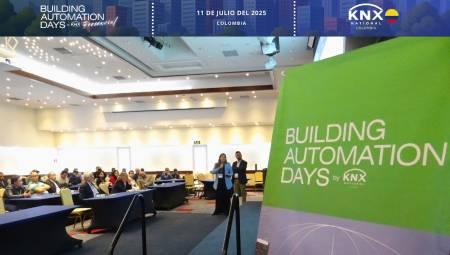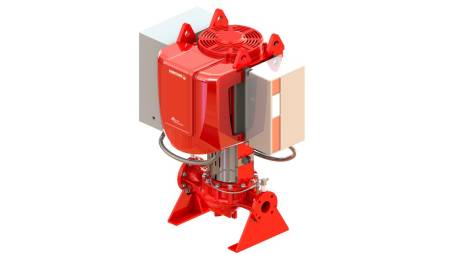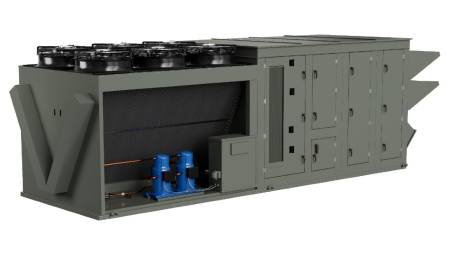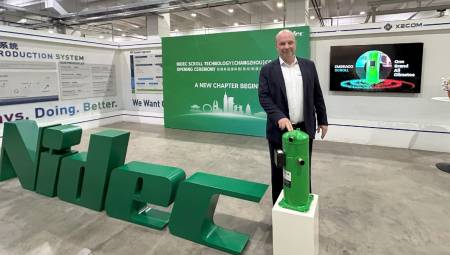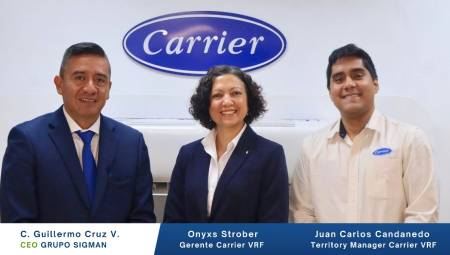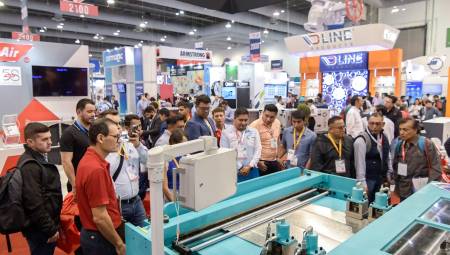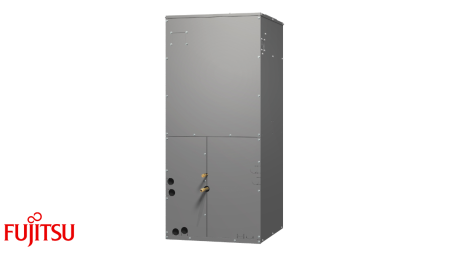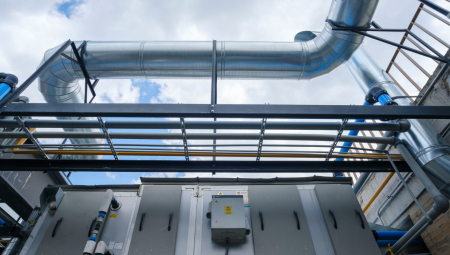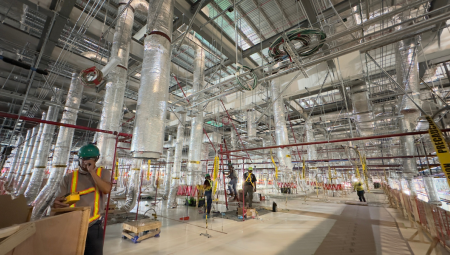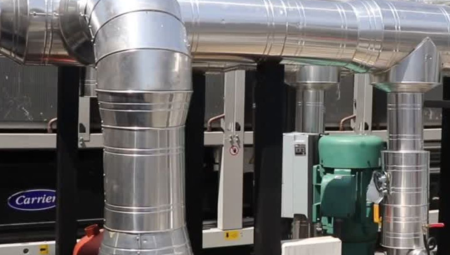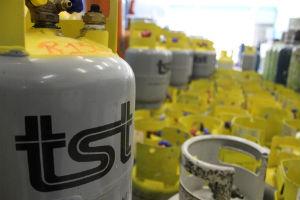 In recent years, regulations have forced the industry to live with the replacement of refrigerants. However, there is still a long way to go to reach the ideal state.
In recent years, regulations have forced the industry to live with the replacement of refrigerants. However, there is still a long way to go to reach the ideal state.
by Camilo Botero*
I will start with an anecdote: during my first classes in Air Conditioning and Refrigeration at the National University of Colombia, back in 1966, Engineer Sabbagh, my professor of the subject and noted consultant of the time, talked about two refrigerants, R22 and R12. As I have worked mainly in air conditioning and not in refrigeration, for many times I only referred to R22, but for a few years there has been great confusion and consequently with the title of this column, I bring up a biblical quote:
"Yahweh descended to see the tower and said, behold, they all form one people and speak the same language, this being the beginning of their enterprises. Nothing will stop them from carrying out what they set out to do. Well, let's go down and right there confuse their language so that they don't understand each other."
This seems to be what has happened to the refrigerant issue in the last, say, 25 years. Nowadays it is very complicated to understand the variety, nomenclature, environmental impacts, risks, prices, availability, efficiencies, etc., of refrigerants on the market.
With the detection of the deterioration of the ozone layer, a real problem with serious consequences, the Montreal Protocol appeared in 1987 and the relationship between ODS (Ozone Depleting Substances) and refrigerants was studied, having discovered that those of the CFC type were the most harmful, and their elimination was decreed, which has been fulfilled quite rigorously (although there is no lack of dishonest offering "ecological refrigerant R12").
Then it was found that HCFC refrigerants, among which is R22, were also harmful and in the same way their elimination was ruled, which is in process and debates, given the difficulties of eliminating R22 due to its great proliferation around the world and the case of R123, which has a very high efficiency but is an HCFC and therefore, it should also be discontinued, according to some legislations, which is quite controversial.
As an alternative to refrigerants that were "disappearing", HFCs were proposed, with much less deterioration of the ozone layer, but with a great effect of global warming. These refrigerants are widely used today.
Then came the Kyoto Protocol in 1992, which focused mainly on global warming and the reduction of GHGs (Greenhouse Gases), in a very laudable effort to mitigate climate change which is a dramatic reality, of which we must all be aware and contribute to its mitigation. With this vision of the Kyoto protocol, HFCs, which promised to be the "ecological" refrigerants, ceased to be so because their GWP (Global Warming Potential) is very high and therefore these HFCs remained as transition refrigerants.
As a consequence of this "remove and put" reappeared natural refrigerants that practically do not attack the ozone layer and have zero greenhouse effect: ammonia and CO2 of great utility in industrial refrigeration and HC refrigerants in domestic refrigeration and some applications of air conditioning and with other aspects related to these refrigerants, which must be taken into account as toxicity and flammability. As far as I know from my daily work, they are not yet massively used in projects of magnitude (say more than 100 TR) in air conditioning.
For its part, the UTO (Technical Unit of Ozone) and ACAIRE, in Colombia, have carried out a project to develop a standard for the safe and efficient use of HC refrigerants, a project in which I participated and which is still ongoing.
In this discussion, the participation of the AHRI (Air Conditioning Heating and Refrigerating Institute) has been very important and fundamental, which has affiliates with the largest manufacturers of refrigeration and air conditioning equipment, since it has a program whose purpose is to look for the most suitable refrigerants and which it calls AREP: Alternative Refrigerants Evaluation Programs, which aims to minimize the GWP (Global Warming Potential) and maximize efficiency; which is very important, because it sets the market trend because most companies that produce equipment around the world are affiliated. The trend seems to be to favor natural refrigerants and HFOs, but the final word is not yet available.
In a previous article on the subject of refrigerants I commented that a technical-commercial response must be given that consults cost-benefit aspects, but with great content of sustainability and efficiency and take into account multiple aspects, the most important are:
- Safety: minimal toxicity and flammability
- Environment; protection of the Ozone Layer and minimum Greenhouse Effect.
- Performance: maximum energy efficiency.
- Economic aspects: Reasonable costs and technological changes.
Recently I have seen projects where to privilege the selection of a natural refrigerant, the efficiency of the equipment has been sacrificed too notoriously. This does not make sense, because if you take the necessary care with the refrigerants that must be confined to their circuits and without releasing them into the atmosphere, they will neither attack the ozone layer, nor produce a greenhouse effect, whatever the refrigerant (obviously there are always leaks and leaks, but no refrigerant should be deliberately discharged into the atmosphere).
On the other hand, a low efficiency, which means greater consumption throughout the entire life of the equipment, will increase energy consumption beyond those necessary with current technology, with a very considerable impact on climate change.
The manufacturer that achieves the equipment of maximum efficiency, with a refrigerant of minimum impacts on the ozone layer and greenhouse effect, will be the most successful. I believe that work is being done on many fronts in that regard and we must be expecting such a team to be produced quickly.
* Camilo Botero is the current Secretary of the Federation of Ibero-American Associations of Air Conditioning and Refrigeration - FAIAR; he was president of ACAIRE and is president of Camilo Botero Ingenieros Consultores Ltda. He has worked as a teacher in several Colombian universities, guilds and currently in ACAIRE in diploma courses of air conditioning projects, energy efficiency in air conditioning and refrigeration, cogeneration and trigeneration, applied psychometrics, thermodynamics, fluid mechanics, heat transfer and turbomachinery. ([email protected]).


